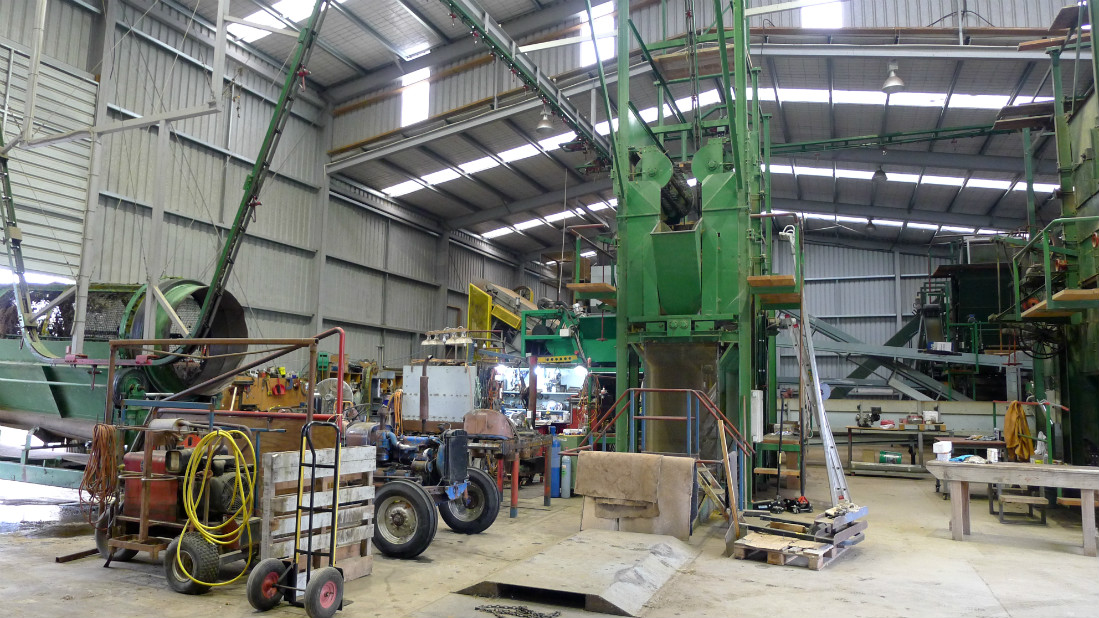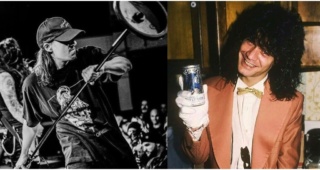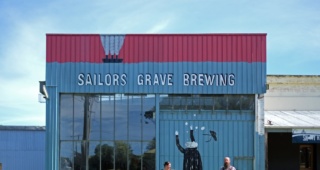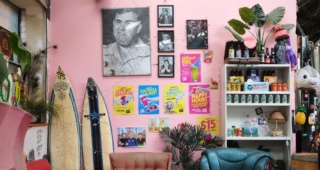Brent McGlashen stands in his factory at Mac Hops, gazing into sheets of rain drifting past the empty wooden hop trellises. It’s a cool autumn day a couple of months past harvest, and he’s wondering when the frosts will start.
“Hops like winter chilling,” he says. “Five years ago we would have had a few frosts by now, but the ground temperature is still warm, and there’s still prolific growth.” There’s also been a lot of rain, the heavy type that sees nutrients washed out of the silty, loam soil. In short, this year’s been “a shitter,” he says.
Mac Hops sits on the outskirts of Motueka, 50 kilometers west of Nelson. The small town is a firm favourite with backpackers, hippies, and artists. And in recent years, it’s become part of an industry that’s seen Nelson crowned New Zealand’s craft brewing capital. It’s easy to see why: In the 120-kilometer stretch between Nelson and Onekaka in Golden Bay, there are 10 breweries and 27 hop growers in a region with a population of just 100,000.
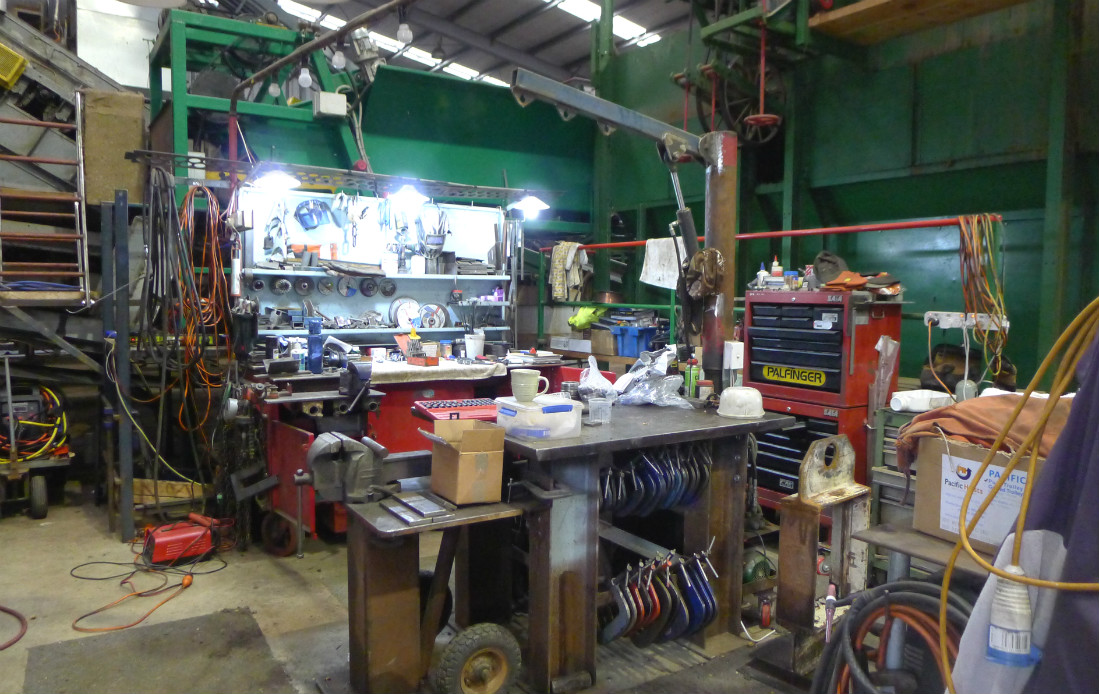
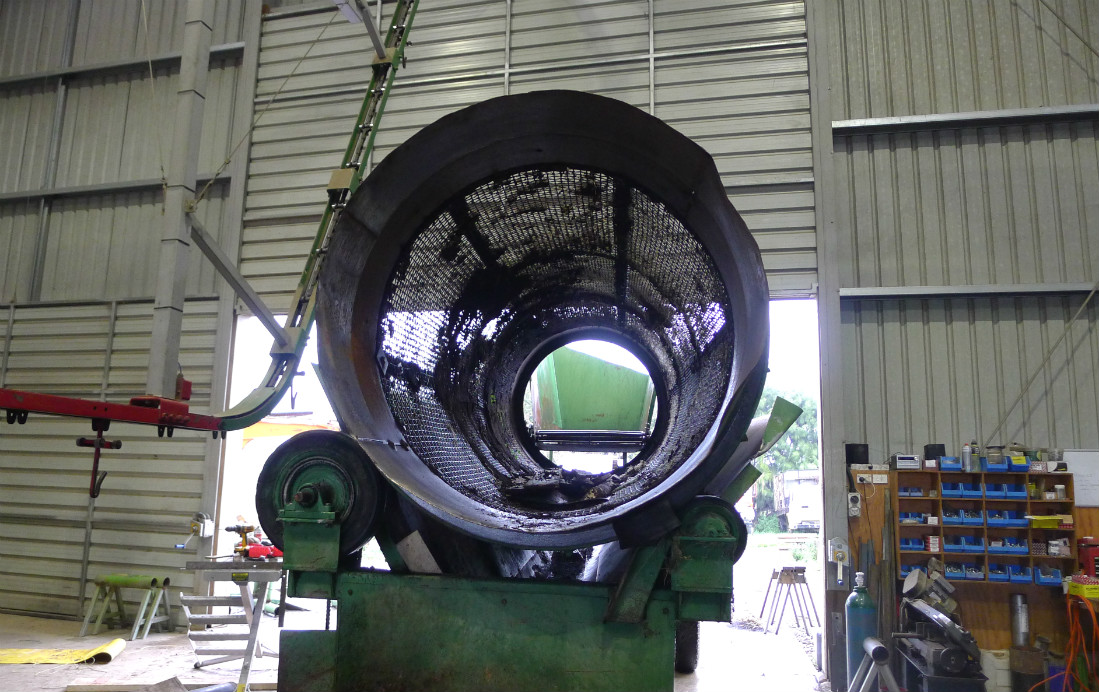
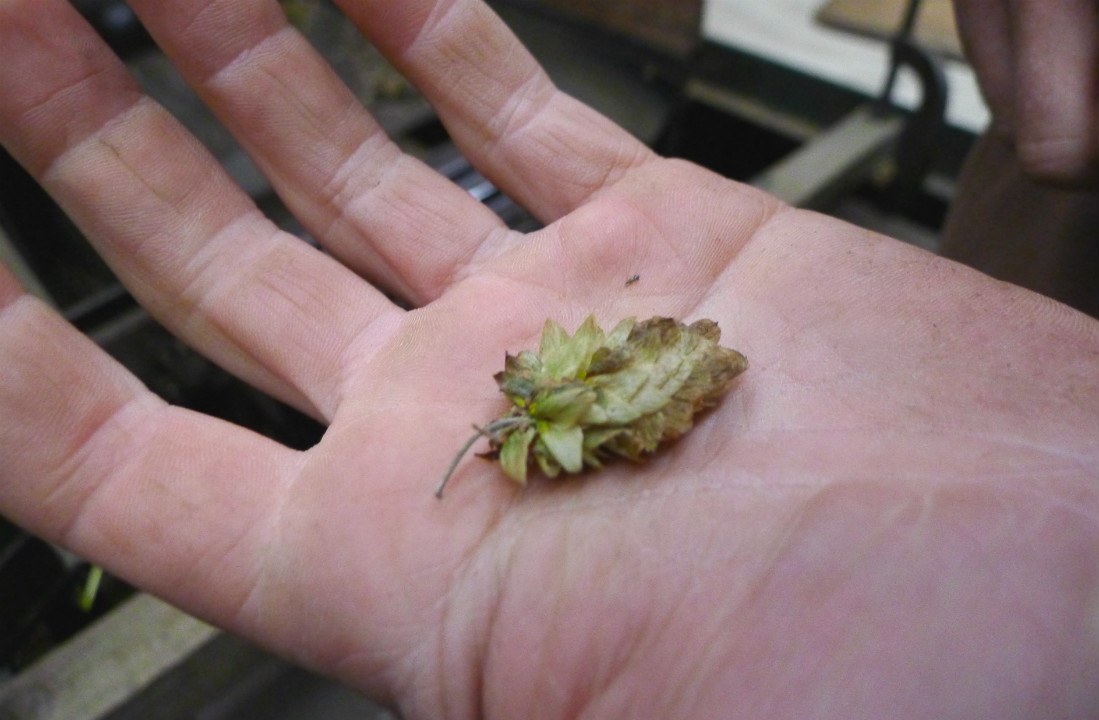
Although New Zealand supplies just one percent of the world’s hops, the Nelson-Tasman region’s unique conditions produce some of the most sought-after varietals in the world, including Motueka, Nelson Sauvin, and Riwaka. Indeed, McGlashen says that he just can’t grow enough hops to meet the demand.
At Mac Hops, where the McGlashen family has grown hops for five generations, there are 17 hop varieties growing on around 110 hectares. The crop is picked and dried on the farm, then baled up and trucked down the road to New Zealand Hops, where they’re readied for distribution. Around 80 percent of the hops are shipped to the US, Europe, and Asia, while the rest stay in New Zealand.
The country’s hops industry was in a bad way when McGlashen took over the family farm 10 years ago with his brother-in-law. With production controlled by several large local and international breweries, the focus for hop farmers was commodity hops—and a lot of them. At that point the now-prized Nelson Sauvin barely received even a look, and not only because the varietal is difficult to grow. There just wasn’t a market for it.
With hops selling at ever-lower prices and hop farmers and farms falling away, McGlashen gritted his teeth and kept planting. “We took a big gamble, and lost a lot of money. We were growing hops while others were pulling theirs out,” he says. “If you’d told me then that I’d be expanding now, I would’ve asked what planet you were on.”
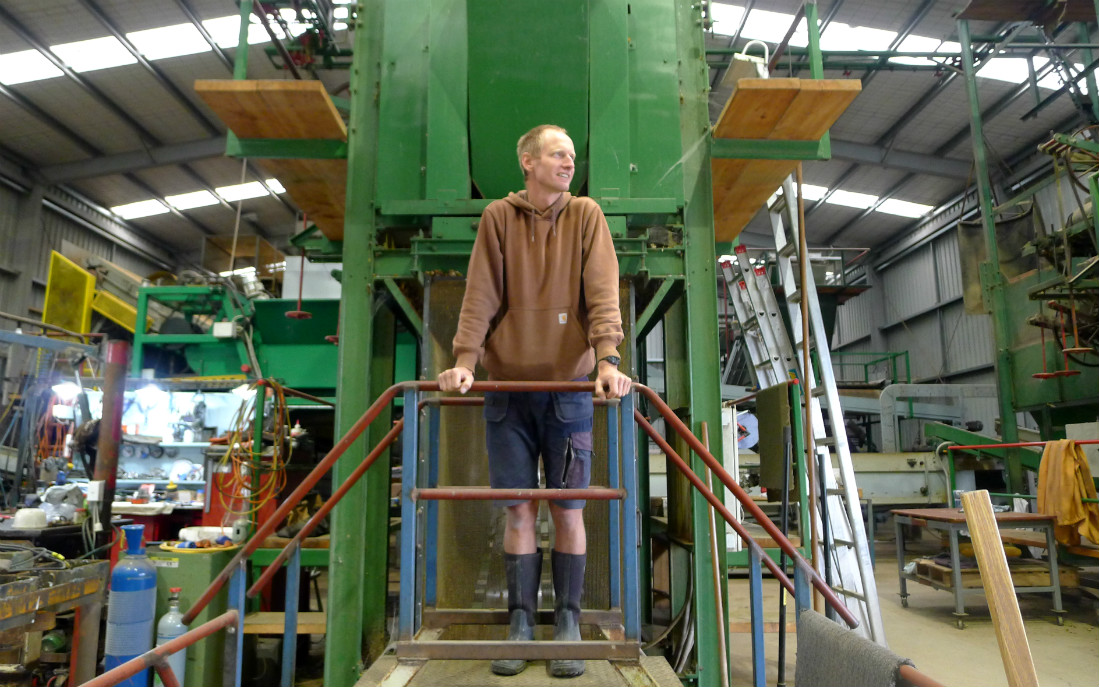
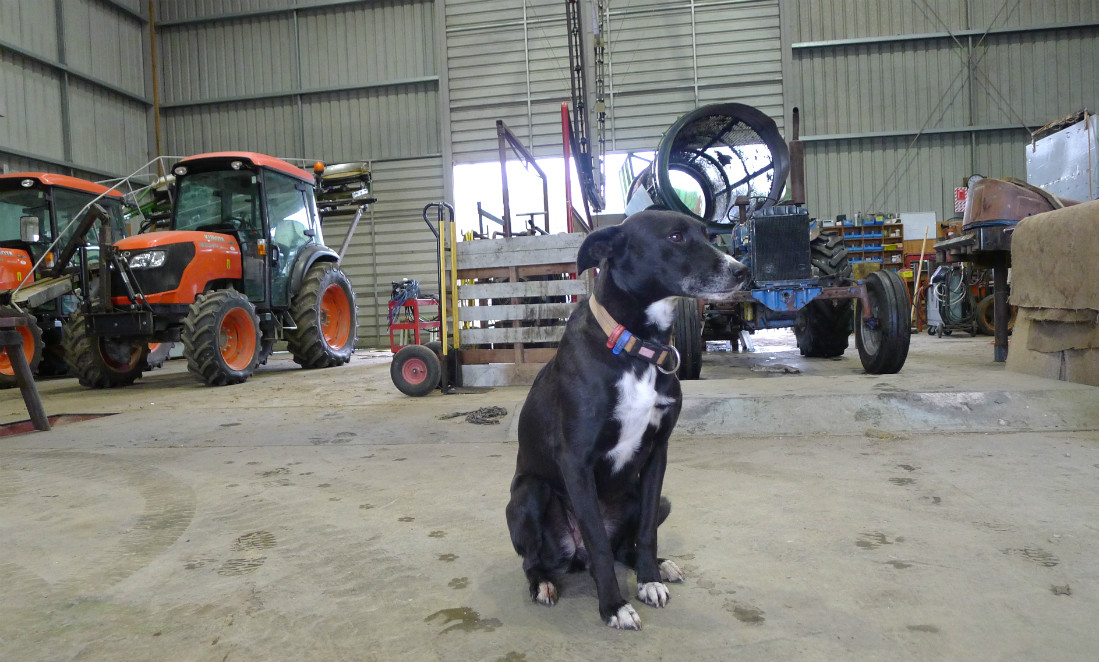
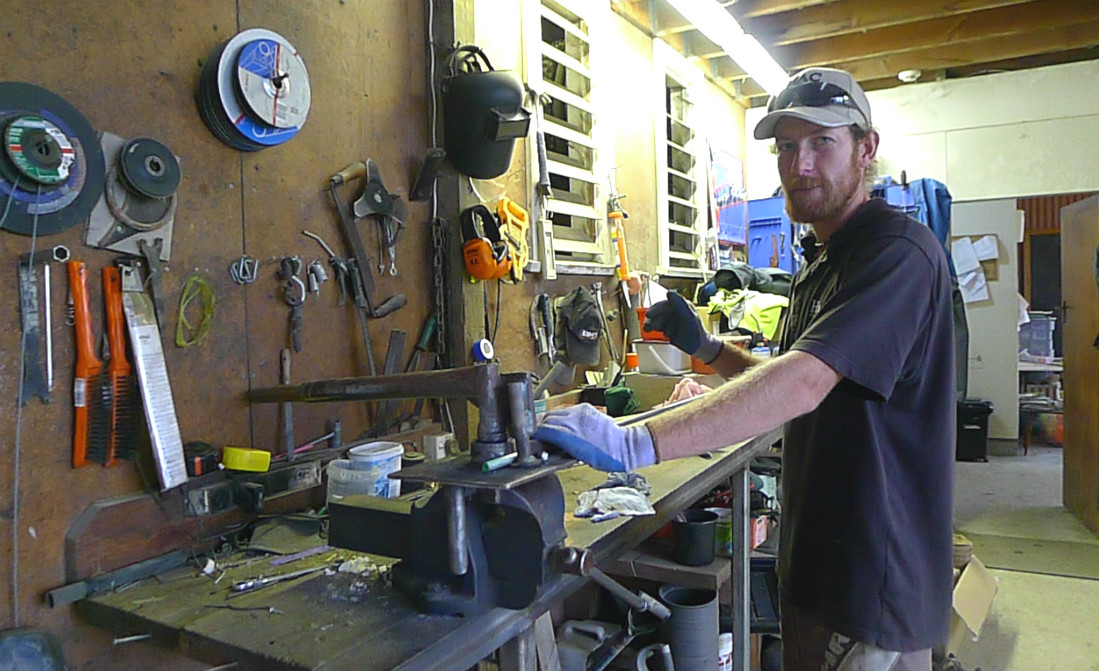
The rise of craft brewing breathed new life into the industry, and as microbreweries in the US and Asia began experimenting with new recipes they cottoned on to New Zealand hops. “Hops are all about flavor,” McGlashen says. “If a brewery can get a different flavor out of their beer you can get one over on your competitors. If you can get hops from NZ, you can have an advantage.”
While it was German settlers who brought hops to the region back in the 1840s, Nelson’s brewing tradition dates all the way back to Captain Cook, who brewed the first New Zealand beer at Dusky Sound in 1773. Cook’s beer was a scurvy-beating concoction brewed with molasses and that used manuka—New Zealand’s tea tree—and the coniferous rimu.
At Mussel Inn Brewery in Golden Bay, head brewer Reuben Lee says the Captain Cooker ale they’ve developed in homage to the historic beer is a far cry from the brew of 245 years ago. The modern incarnation, made with barley, manuka, and a blend of Pacific Gem and Wakatu hops, is a reddish brown, malty beer with floral notes. While the original recipe, which Lee brewed once as a festival beer, was “fine,” it lacked body and the acidity we’re used to with hops.
It was also strong. “Ship strength,” Lee says, “so you could water it down from the barrels, as you had limited space on board the ship.”
Lee started out in the wine trade more than two decades ago, working in the North Island. At that time, he says, wine carried by far the most consumer interest; the beer industry was “really boring.” When the work ran out, he started working for and learning on the job at Mac’s Brewery. At the Mussel Inn, a rustic Kiwi-style pub with a large beer garden that has become a popular hub for local music and community events, Reuben works with locally grown hops Wakatu, Riwaka, Nelson Sauvin, and Taiheke.
“Sauvin isn’t my personal favourite. I like the Taiheke and the Riwaka best, but it depends what beers you’re into at a certain time,” he says. “It’s nice having the variety these days.”
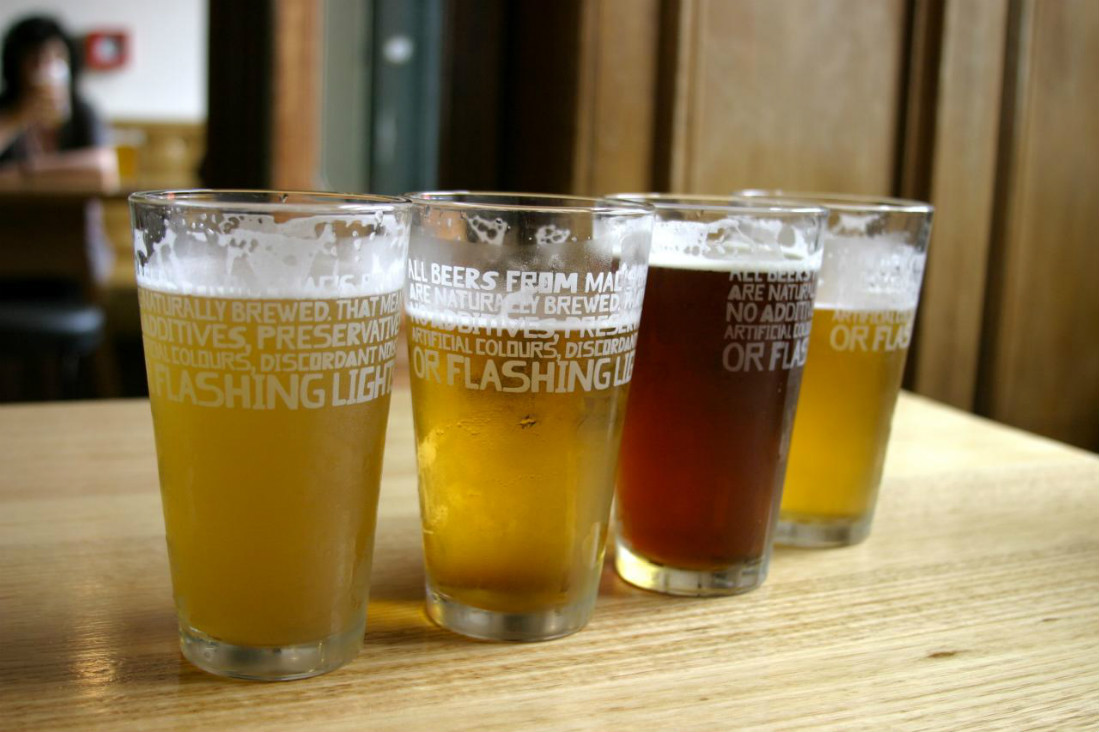
Beer judge and journalist Geoff Griggs agrees with Reuben. “Until the craft beer industry made them the rock stars they are today, hops were just the things that made the beer bitter, to balance the sweetness,” Griggs says. “[Big breweries] weren’t interested in the aromas and flavors that are celebrated nowadays—the piney, minty, spicy, herbal flavors people look for these days in their craft ales.”
Griggs says the same clean, green reputation that has worked so well to push New Zealand’s tourist numbers has also helped sell its hops, which don’t require the same level of spraying as they do in other countries.
“Our unique weather and soil mean the hop varieties planted around Motueka bear little relation to the same hops grown in Europe, he says. “Take the famous Saaz hop from the Czech Republic, which tastes earthy and woody, like sandalwood. You plant that hop here, and all of a sudden it takes on passion fruit and gooseberry flavours, which if you think about it are some of the same descriptors you use for Marlborough sauvignon blancs.”
Griggs says the prized Nelson Sauvin hop, named for its sauvignon blanc characteristics, is the hop he’s asked about most when he travels abroad.
“The rest of the world loves Nelson Sauvin because it has this amazing white wine character that is incredibly and distinctly New Zealand,” he says. “I’ve just come back from the States, and all the brewers want to do is talk about Nelson Sauvin and where can they get some.”
Related: In Wellington, You Can Bet Your Bottom Dollar Garage Project Ain’t Going with the Rest
Griggs has written about beer since 1995, patiently waiting for New Zealanders to move away from the long-held Kiwi notion that beer is simply a thirst-quenching, summer drink. Finally, he sees Kiwi perceptions of what beer is and can be changing along with the rest of the world. “There is an interest in beer as a celebration of its diversity and flavors,” he says.
While older Kiwis are sticking with mainstream brews—what Griggs calls “horribly sweet lolly-water beers with no flavour”—Griggs says that it’s the new generation of beer drinkers driving the shift in local beer-drinking culture. “They’re saying that we’re not the slightest bit interested in beer the way it used to be, in the same way that we’re interested in free-trade coffee, good cheese, bread, tea, and every other thing you can possibly think of.”
And it’s about time, Griggs says. “When you start thinking about what’s in the glass rather than chucking it down and making sure it’s still cold, and going to get another one, it changes your appreciation of what beer is. At its best, beer is right up there alongside, and is arguably more complex, than the best wine.”
###
Five Lovely Places to Drink Good Beer In Nelson
Eddyline Brewery & Pizzeria: Eddyline’s selection of hoppy brews will appeal to anyone looking for a US West Coast flavor. Run by an American couple with two decades’ of US brewing experience, there’s a revolving door of IPAs on offer, as well as decent pizza.
The Mussel Inn: The much-loved Golden Bay pub is a popular summer haunt and music venue, with tourists and locals crowded into the rustic inn and surrounding beer garden. A number of decent brews are on offer, including the flagship Captain Cooker.
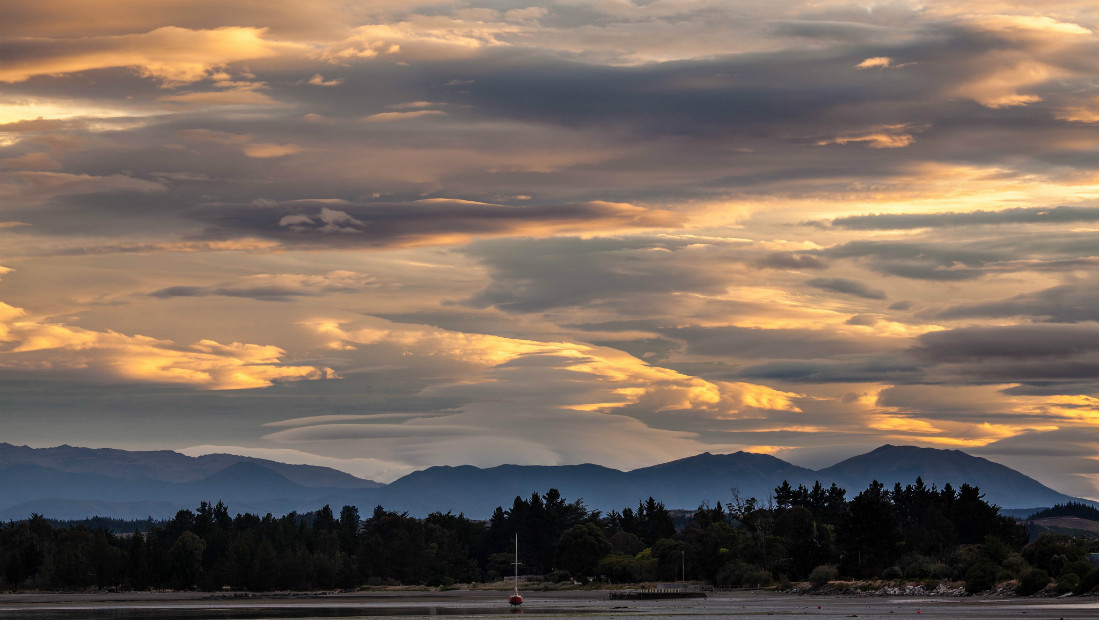
T.O.A.D Hall & Cafe: This chilled-out Motueka cafe serves up great cafe-style food, and the onsite Townshend Brewery ensures customers can sample some of the best beers in the region. The brewery uses a great variety of flavors, styles, and hops.
McCashin’s Brewery Kitchen and Bar: Located in a former cider factory, McCashin’s Brewery is a chic eatery serving an excellent range of pub grub, along with its range of Stoke beers that covers lagers to full-bodied dark brews.
The Vic Brewbar: This city brewbar is a popular weekend spot for a meal or catching some local musical talent. Serving up a wide range of perennial Kiwi favorite Mac’s Beer, this is the go-to place for an excellent beer and lively night.
All photos except those from Flickr were taken by Amy Ridout. They cannot be reused or republished.


